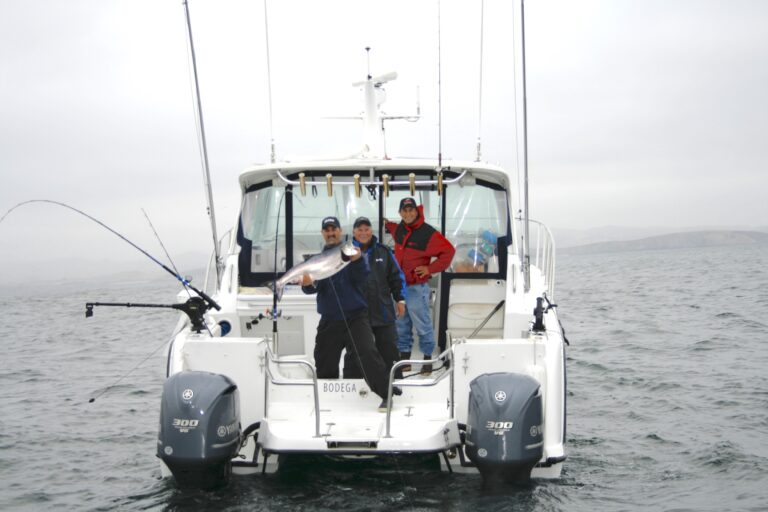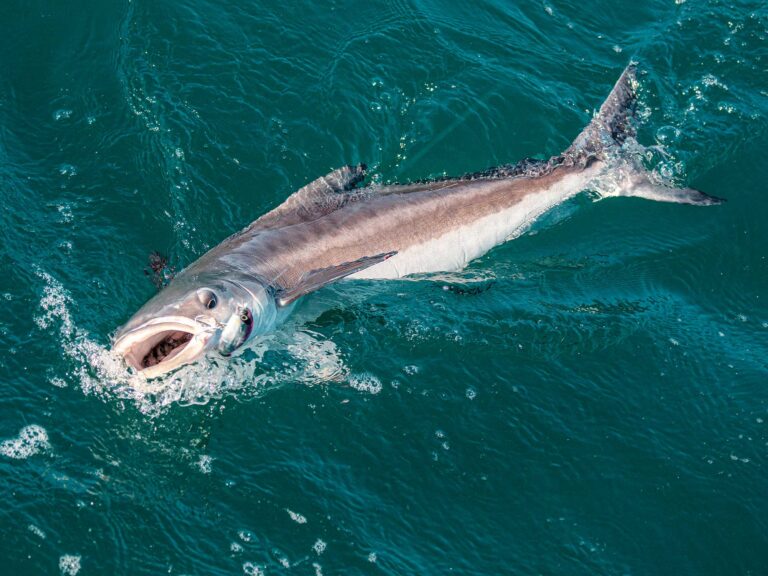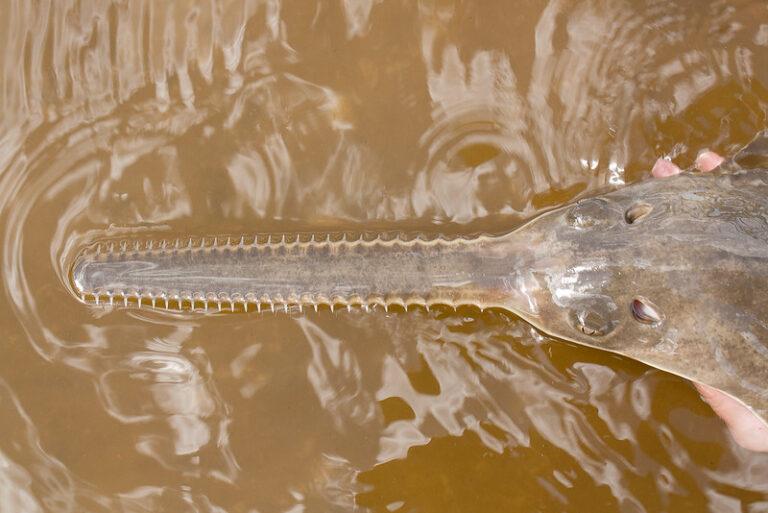
ICCAT TBF
FT. LAUDERDALE, Fla., USA and ISTANBUL, Turkey – The recreational and commercial fishing industries in the U.S., came away with positive news during the recent negotiations at the International Commission for the Conservation of Atlantic Tunas (ICCAT), according to Ellen Peel, who served as the U.S. Recreational Commissioner.
ICCAT is a 40-year old inter-governmental fishery organization of some 50 member nations responsible for the conservation of tunas and migratory species like billfish and sharks in the Atlantic Ocean, and its adjacent seas like the Mediterranean and the Gulf of Mexico.
“Prior to the Istanbul, Turkey negotiations, we were concerned about the U.S. losing a percentage of catch allocation of the North Atlantic swordfish which is important to both the recreational and commercial fishing industries,” said Peel who is also the President of The Billfish Foundation. “Over the past year both interests have failed to catch their allocation, though recent years reflect an increase. Other nations, some catching their limit and others wanting to develop a swordfish fishery, continue to clamor for more quotas. Fortunately, a two year management measure was agreed upon preserving the current catch limit.”
She said it was extremely important for all U.S. anglers landing North Atlantic swordfish to report those catches adding that failure to report contributes to the risk of all U.S. fishing interests losing swordfish allocation in the future.
Concern also surrounded Atlantic marlin management and conservation as the current measures were scheduled to end this year, said Peel.
“Billfish are not priority species with most other ICCAT nations, which do not include recreational fishing delegates on their team. Nor do their nations have systematic data collection plans in place that help establish even the existence of such fisheries. Fortunately a one year measure for blue marlin was agreed upon and if fully complied with, will reduce blue marlin mortality to the level proposed by scientists earlier this year following a new stock assessment.”
She said next year’s negotiations will be pivotal because nations are demanding that added measures be implemented to reduce marlin mortality in the diverse artisanal fisheries and the recreational fisheries. Artisanal fisheries are widely diverse in waters off West Africa and throughout the wider Caribbean. The lack of data, establishing a catch history, can seriously penalize the sportfishing industry and billfish conservation. For these nations it will likely be easier to implement broad measures that can negatively impact the fishery. Most of the ICCAT delegates from other nations represent governments and commercial fishing interests, not sportfishing interests, even those nations that benefit from sportfishing tourism.
Peel, who with delegates Bobbie Walker, Orange Beach, Ala., Chester Brewer, West Palm Beach, Fla, and Dr. Russell Nelson of Oakland Park, Fla., said one big disappointment was the failure to reach agreement on a time and surface area closure to protect juvenile yellowfin tuna and bigeye tuna in the Gulf of Guinea off the western coast of Africa.
“The issue remains a priority as the juvenile fish migrate to U.S. waters where they are important to both the U.S. recreational and commercial fishing industries. Recent U.S. catch declines of yellowfin are attributed in part to the overfishing in the Gulf of Guinea.”
The Billfish Foundation now in its 25th year works worldwide to advance the conservation of billfish and associated species and to improve the health of oceans and dependent economies. TBF’s website is www.billfish.org.









